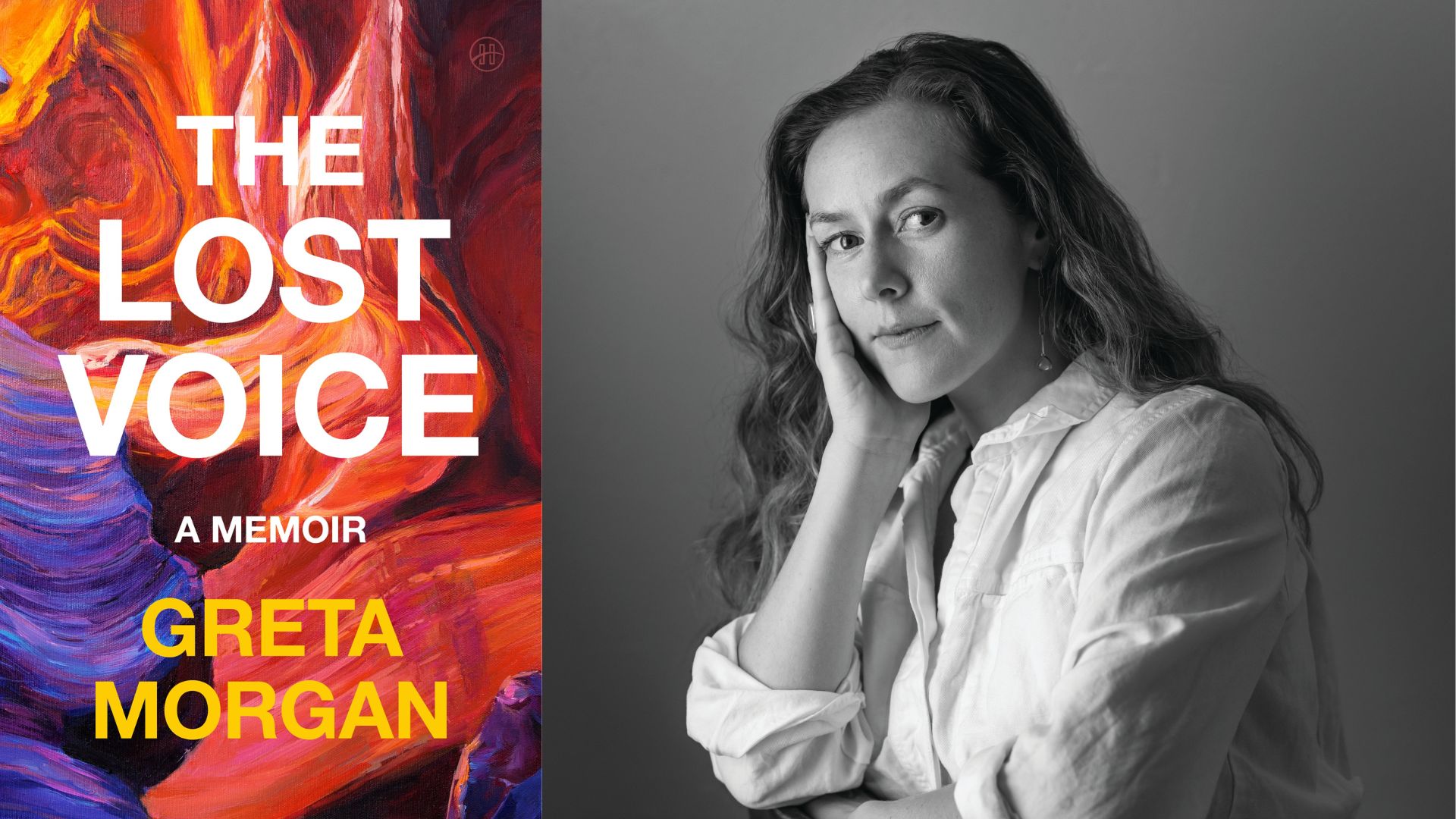Musician Greta Morgan began performing professionally when she was 16, singing for groups like The Hush Sound and Gold Motel before touring with Vampire Weekend and charting her own path as a singer-songwriter. But in 2020, a severe case of Covid led to a neurological disorder that reduced her voice to a hush. We talk to Morgan about what a drastic change to her singing voice taught her about her inner voice and how her listening became so powerful that when she watched a meteor shower, she thought she could hear the stars. Morgan’s new memoir is “The Lost Voice.”
Have You Lost Something That Once Defined You?

Guests:
Greta Morgan, musician, songwriter and author, "The Lost Voice: A Memoir"
Show Highlights
A Career-Defining High – and then Covid’s Effects
Musician Greta Morgan recalled a peak moment playing Madison Square Garden in 2019 — standing center stage and singing lead before thousands of people after years of working as a singer.
Just a few months later, after performing at a music festival, Morgan contracted a severe case of Covid-19. “I had an extremely high fever, like 103° or 104°, to the point where I was having these very psychedelic fever dreams,” she said.
Physically, she recovered — but her voice didn’t. In a vocal lesson soon after, she discovered the upper part of her range had collapsed. “The more I would try to hit the note, the more it felt like there was a knot around my throat,” she said.
Morgan was diagnosed with spasmodic dysphonia, a neurological voice disorder that causes involuntary spasms in the vocal cords. Reading stories from others with the condition, she kept hearing the phrase: “I used to be a singer.” It haunted her. “It felt sort of like a guillotine dropped in the timeline of my life,” she said.
Redefining ‘Voice’
Rather than walk away from music, Morgan redefined what “voice” meant to her: “any expression of [her] heart.” Even though her voice now sounded different — at times strained, wobbling and limited in range — she chose to embrace it. “I love this voice now,” she said. “And I’ve made the choice to commit to it.”
Grief’s Role
Morgan emphasized the importance of grief, citing the work of psychologist Francis Weller. “Grief is the tax you pay for loving,” she said. By letting herself mourn the version of her voice she had lost, she opened herself up to renewal.
“If I hadn’t grieved the loss of my voice the way it had been, I would not be where I am now, where I do feel hope and I do feel creative instincts, even though they’re very different than they used to be,” she said.
Turning Vulnerability Into Art
Throughout the interview, callers shared their own stories of losing abilities or skills. One caller, Ruth Anne, told Morgan: “I understand what you’ve gone through, and I can’t tell you how much I admire you — and how much help you provide by telling your story.”
Morgan hopes her memoir can serve as a “road map” for others navigating unexpected change. “I published it even though it’s so vulnerable and so intimate,” she said, because transforming her experience into art was, in itself, “the arc of triumph.”